Yeovile reunion planned for this weekend at Zoo Lake
This is as the suburb’s yesteryear spirit of inclusivity, cultural tolerance, compassion and openness is slowly vanishing from national consciousness, replaced by capricious greed and intolerable intolerance currently prevailing in South African society.
Edward Tsumele
I know right now any to talk about Yeoville brings out a strong feeling of despair and worry, real worry, to many about a once culturally thriving suburb gone wrong.
In fact many will tell you straight that the suburb, east of Johannesburg, gone and is unlikely to return to its former glory. They will also tell you that the suburb today, with crime high, dirty streets, neglected buildings, urine drenched passage ways and threatening alleys, an obvious lack of a community (as the suburb now consists of different nationalities with different cultures and languages coming from mainly war torn countries and economically battered and failed states of post colonial Africa), that this is a place to avoid at all costs. It however used not to be like this.
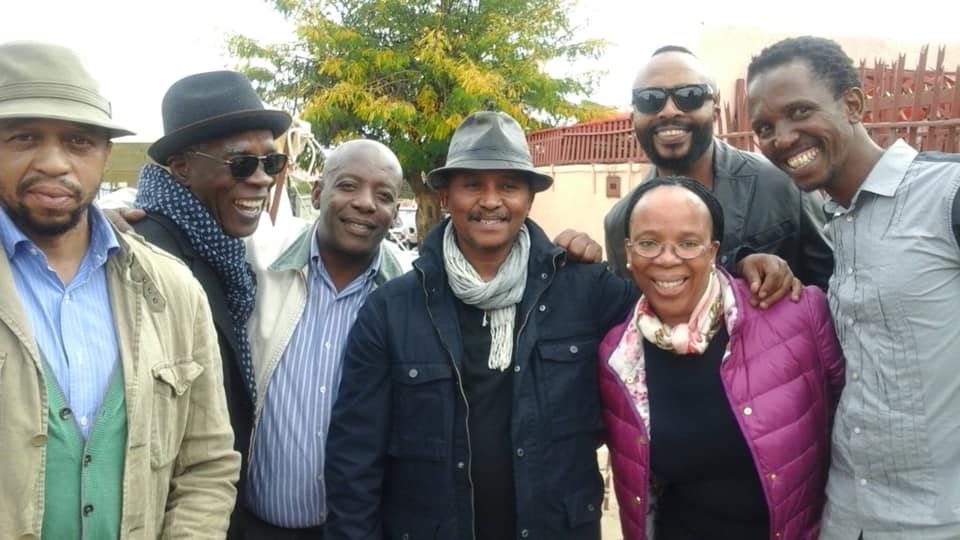
All this is true to varying degrees. The fact is the suburb is no longer what it used to be in its day. It once used to be until the late 1990s, a place for dreamers. People who emboldened by the promises of opportunity and most importantly freedom on the horizon, fired up to make a new South Africa work for them, their families and society at large. It was a place where the ground was ripe for friendships to be initiated, developed and natured for life, across race, age, sexual orientation, religion and creed. Bohemian in both character and spirit, its street culture was eclectic, its mindedness was alternatively liberal. Diverse is the adjective often thrown about when people, especially the ones that used to live, drink, eat and fall in love and start families there, often use to describe the very distinctive Yeoville of the time vibe.
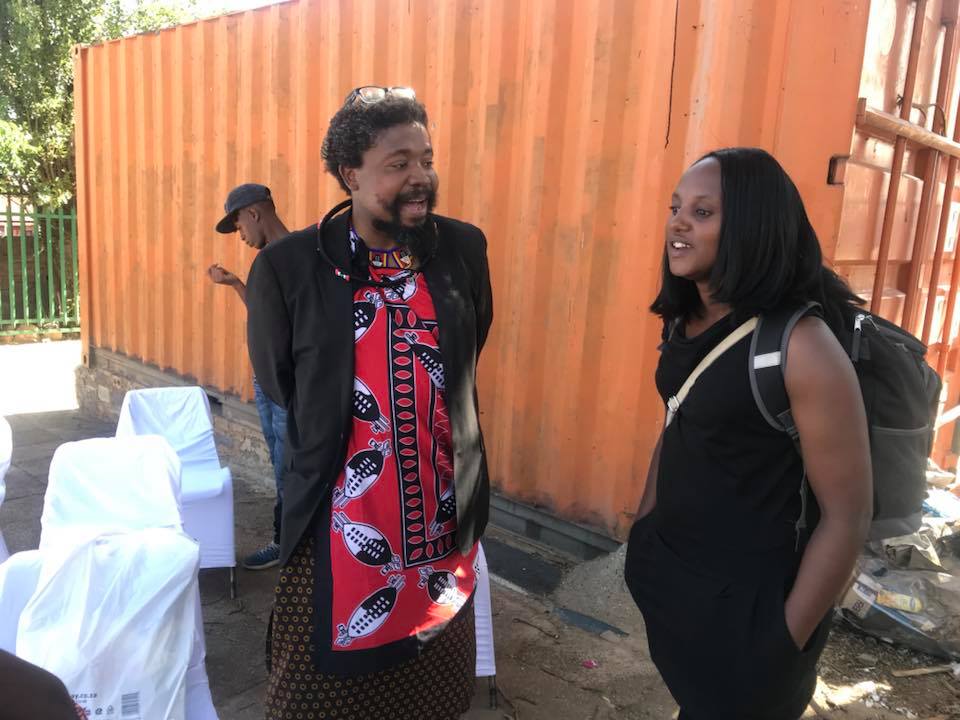
Yeoville of that time consisted of a community that not only embraced difference and diversity, it was also a special place that accepted different styles and tastes in food, music, orientation political and sexual. Yeoville was in many ways ahead of its time and society at large when it came to openness to allow different beliefs to thrive side by side in this cosmopolitan cultural melting pot.
An indeed a cosmopolitan place that held so much with regard to a promising, free and democratic South Africa, it was a place whose several eateries, pubs, clubs and characters were more than places of entertainment and simply people with names, but were institutions themselves. Musical bands were formed there. Actors networked in its dingy but cool bars. Academics thrashed their problematic research designs in its coffee shops and cafes. People dated, and did not need to go to somewhere to Sandton in order to bond in the name of love.
Some of its personalities emerged from this suburb to become prominent individuals in post apartheid South Africa in different fields ranging from commerce, academia, media, the Non Governmental Organizations sector, politics, art, entertainment to big BEE dealers. People fell in love in its bars, coffee shops and cafes and started families from there. Its community members also agreed to differ without the need of solving their differences of opinion through fists fights or gun.

It is therefore understandable why today many look at the state of this once thriving and welcoming suburb, East of Johannesburg, with both shock and disbelief. Yes, the children of Yeoville are today scattered in all professions, and some live in swanky suburbs where millionaires live, and some today are well paid government bureaucrats , even dodgy tenderpreneurs and corrupt politicians living behind high walls and driving big cars, but all once called this suburb home in its prime as it occupied a special place to them then. It still does till today and sentiments about Yeoville run deep among many of them even as they now live elsewhere, and hence the worry about its seemingly natural death that is eating it away piece by piece.
But more importantly, they hunger for its culture and its promise. Its dream that was never realized, but was cut short by circumstances beyond its control. The tragic story of Yeoville, is a story of a suburb whose future was stolen in delight light by circumstances beyond its control. It is a story of a suburb whose promising dream and was deferred.
However the people may have moved on to the townships, swanky suburbs such as Melville, Parkhurst, Parkwood, and even living behind high walls in Sandton, but they will not leave the culture of Yeoville to disappear from public consciousness. After all they tested what was possible in the new South Africa, and now look back with sadness to realize that, that dream that was held tightly together by Rockey Street, Cavendish Street, Harrow Road, Raleigh Street and so forth and so on, disturbingly continues to elude South Africa, almost 27 years after democracy. In fact the opposite of what Yeoville held in its belly, seems to be defining life in contemporary South Africa.
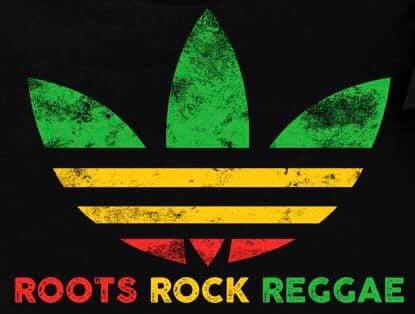
This, actually is the crux of the matter. Yeoville of yesterday, was a promise that never materialized for South Africa. In fact Yeoville is a metaphor for what South Africa never became, and therefore witnessing the slow disintegration of this one time model South African suburb when it came to racial integration, is what fuels fear among many that South Africa will never become what it was intended to be with the dawn of democracy, the realization of Rainbow Nation in 1994.
The worried people are witnessing something that is causing discomfort to the optimists of yesteryear about the realising the possibility that the country once held. This suburb’s yesteryear spirit of inclusivity, cultural tolerance, compassion and openness, is slowly vanishing from national consciousness, replaced by capricious greed and intolerance.
The levels of inequality are glaringly disturbing. For example, contrastingly, wealthy people live their comfortable lives in exclusive and excluding gated suburbs, while township people often live in grinding poverty and precariously, struggling with service provision. On the other hand, they watch with disbelief and maybe even amusement, one time freedom fighters and friends in government and in leadership positions steal with relaxed abandon, as if it is acceptable to steal from the poor.
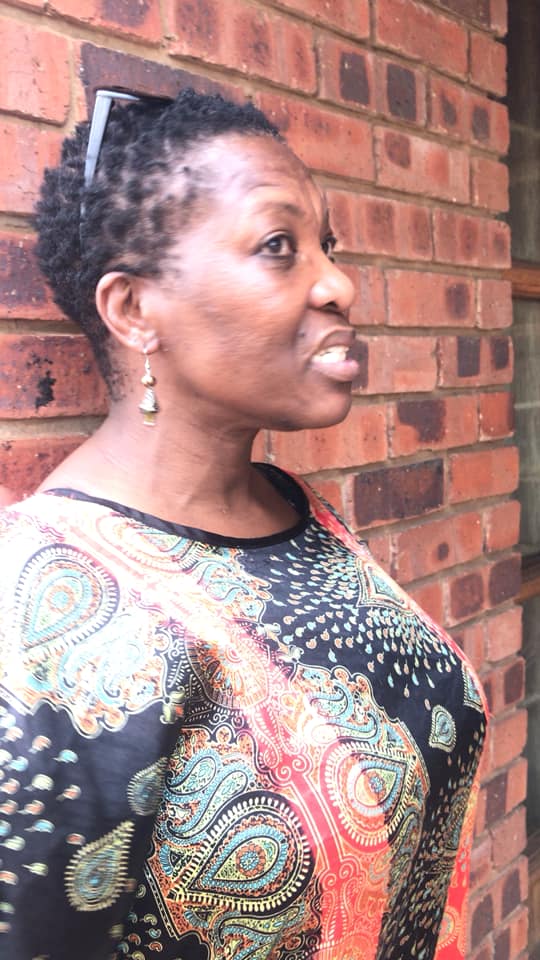
With horror painted on their shocked faces, people are watching with helplessness and fear of a child, men violently turning against their women lovers and killing them. The people also witness the love of money surpassing any other love, as friends betray and con each other in business deals done in dark places, during dark nights with only a glimmer of candle for light,as if they are at a romantic dinner date with a potential love partner. White and black hate each other with passion for no other reason other than that they are black and white, as race relations boil over.
The people as they watch the sorry drama unfolding in this doomed country, wonder what happened to the spirit of Yeoville. In any case, this is a place that prides itself in producing some of the most enlightened individuals, as public intellectuals, academics, musicians, painters and poets of note. This is the same suburb where the late trumpeter Hugh Masekela ran a one-time famous jazz club.
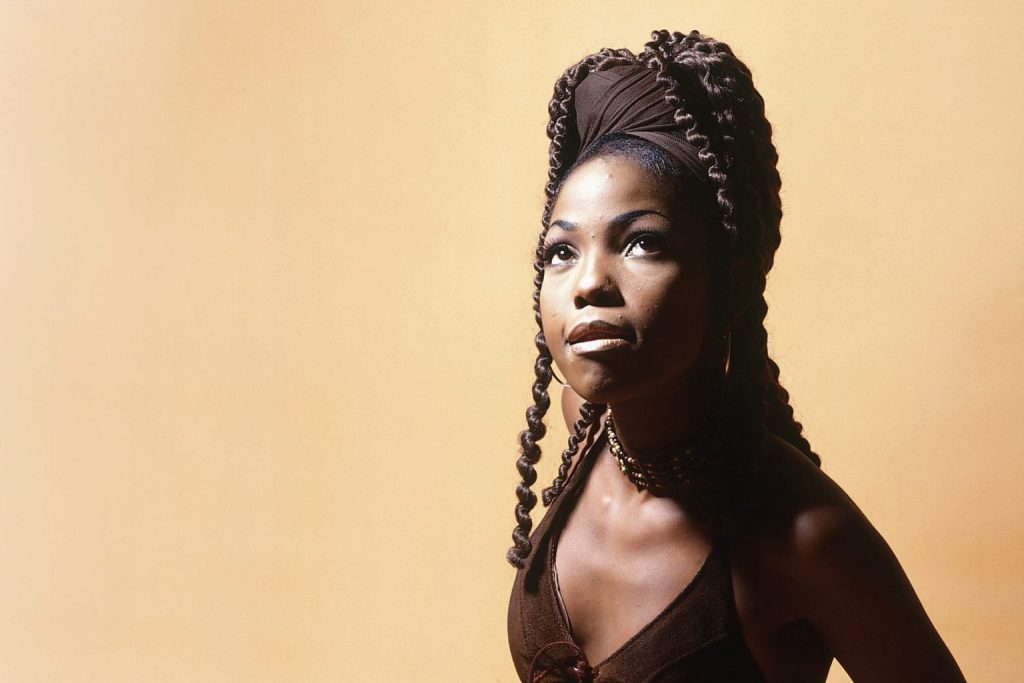
This is the place that produced one of the country’s most successful Miss South African winners, Peggy Sue Khumalo, now a banker, but a one-time bar lady in Yeoville who dutifully saved both the powerful and a struggling artist with a smile that later contributed to her taking the crown of Miss South Africa. .This is the suburb that produced Bongo Maffin, Boom Shaka, Mandoza, the late cultural impresario Arabi Mocheke,, break-fast radio show-host-turned food stylist Sanza Fakudze, all girl group Ghetto Luv, art curator Andile Magengelele, the late restaurant legend Sue Mabalane of Ekhaya fame, poet-turned businessman and film curator Eric Miyeni, Tandoor Legend Eric Mpobole and the late Pop icon Brenda Fassie.
This is the same Yeoville that produced the late freedom fighter Joe Slovo, former Treasury senior official and now academic Michael Sacks, his father Justice Albie Sacks, sitting Premier of Gauteng David Makhura, senior ANC official Hope Papo, several prominent people in the arts such one time dancer and now senior government official Collen Hlatswayo, choreographer Moeketsi Koena, academic and poet Kgafela Oa Magogodi , arts producer Sifiso Ntuli, creative S’bu ‘The General’, Nxumalo, the youth radio station YFM, iconic second bookshop chain Book Dealers, legendary photographer Oscar G, photographer Muntu Vilakazi, the late choreographer Jackie Selema, economist Duma Qubule, senior government bureaucrat Charles Mabaso, the late cultural all rounder Peter Makurube.
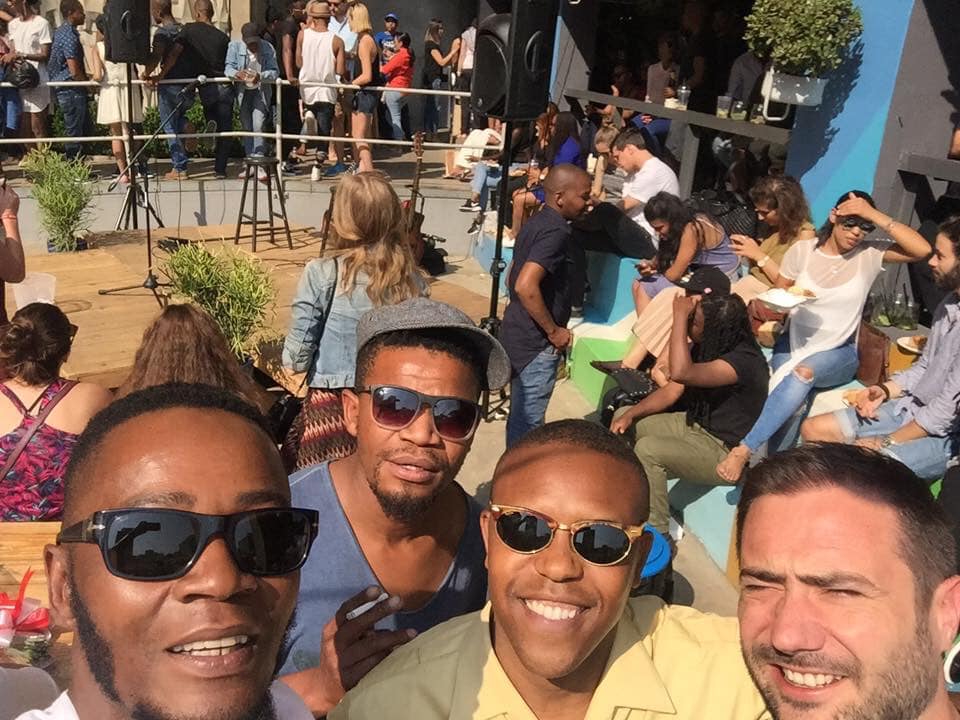
A group of Yeovilites a loosely formed Facebook group comprising people who call themselves Yeovilites, because they either lived there, dined and partied there or their lives were pretty much influenced by the Yeoville lifestyle and vibe of yesterday year are planning a reunion of all Yeovilites this Saturday, November 28. All people whose lives wwre touched ny the suburb are being invited to the gathering to commemorate and celebrate the once intellectually stimulating lifestyle of Yeoville.
The organisers led by Yeoville veteran Pule Pulch Molebatsi, are encouraging people intending to attend, to bring their own beverages and food to braai and chill with fellow Yeovilites that are expected to converge. The group, which was started last year in September soon after gained a lot of traction with Yeovilites sending images of themselves and friends to be published on the platform, as they were taken then or as they are now.
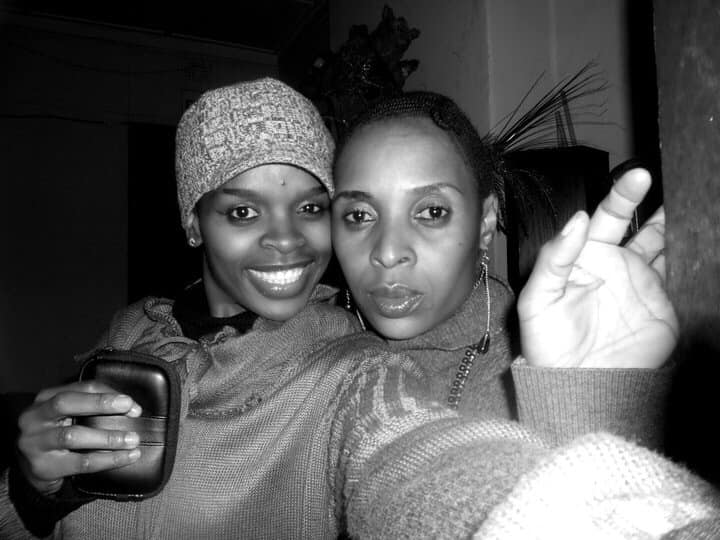
However dome of the people whose images have been sent are commemorative images of friends that have since passed on, including images of the late iconic pop stars Brenda Fassie, and Lebo Mathosa of Boom Shaka , a music group whose members Lebo, Theo Nhlengethwa, Junior Sokela, and Thembi Seete were fellow Yeovilites on their own right. Other commemorative images that found their way on the popular platform include those of the late Mocheke and the late Makurube, among other prominent Yeovilites who have passed on.
The images have elicited immense excitement on Facebook as some of the people’s images are those taken with people they were once closeto in their lives, but may have now moved in separate ways and indeed may have moved on in different directions in their lives, both personally and professionally.
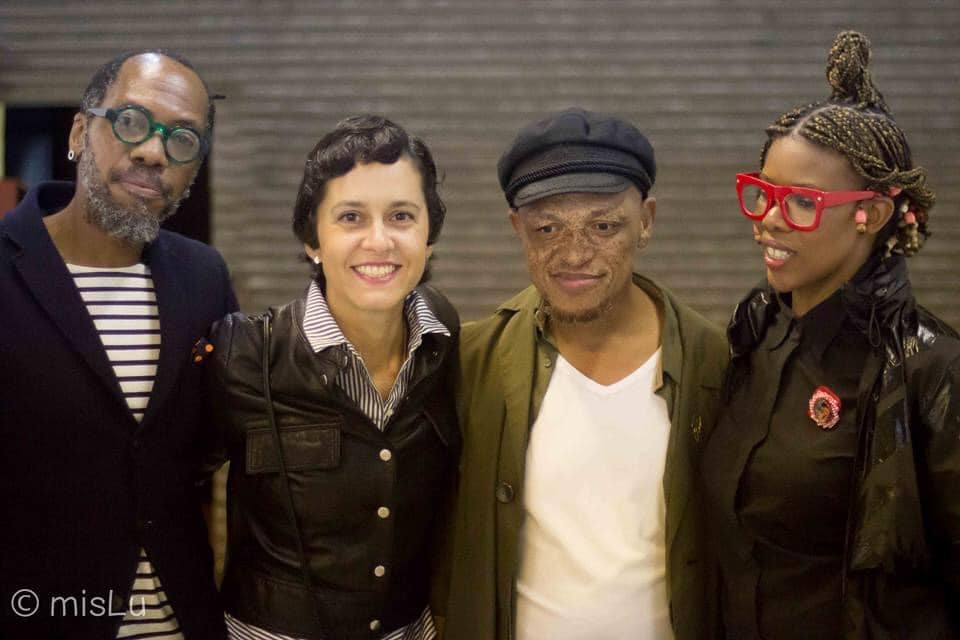
And so one has to tread careful through this page as you are likely to come across a former lover that you may not necessarily want to be reminded of. However all the images that are posted on the facebook page seem to have been posted in a spirit of good natured-ness and no malice is implied explicitly or implicitly by the contributors to the page.
Well, you may also find your own image there sent by a friend you have taken pictures with that you may have long forgotten, and so it is worth checking out this page #Yeo-Vilites Waar Was Jy as you may have surprises of your own there.
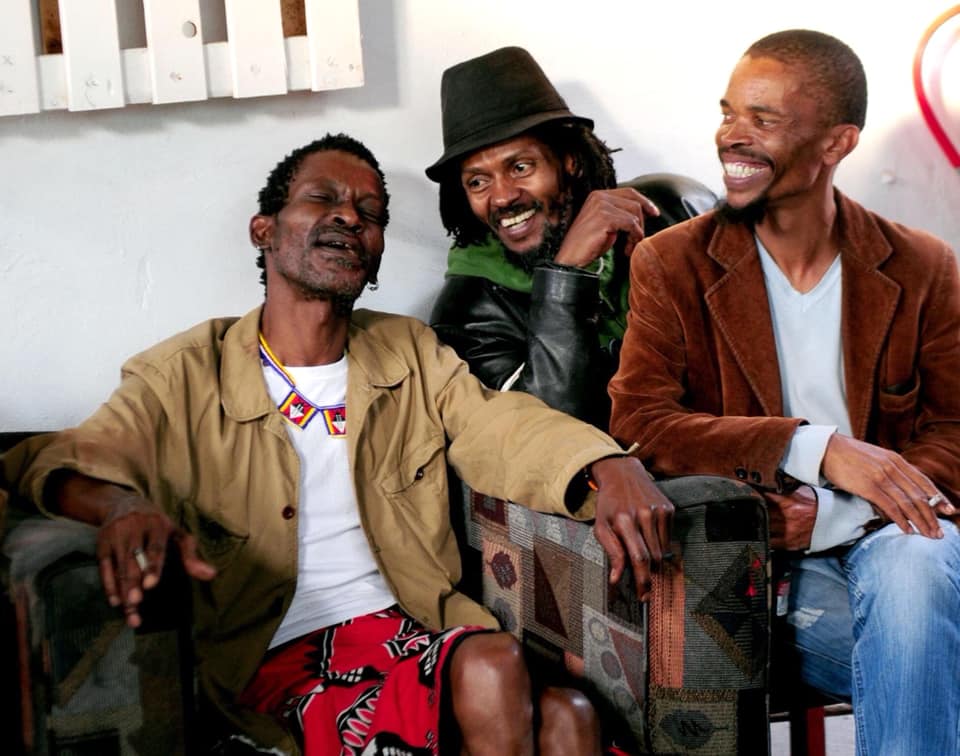
In the spirit of Yeovilites and transparence I have a declaration to make here: Yours Truly , CITYLIFE/ARTS Editor Edward Tsumele was also very much part of that community, and I would like to also declare here, that I have no fear of surprises, as I have not made enemies with anyone, but love while a member of that community.
Now that this is out of the way, the party begins. On Saturday, those who are attending according to the organisers must stick to Covid-19 compliance obligations, including the wearing of masks and social distancing. Folks Covid-10 is still here with us. And this is a plea from the organisers of #Yeo-Vilites Waar Was Jy, who promise that the festivities will be streamed live on Facebook by the inimitable Yeovilite Pule Pulch Molebatse as the host.
The proceedings are expected to start at 9am, with people enjoying food, drink and braai, as they reminisce about the old good days of Beloved Yeoville, and possibly reconnect for the future. And so you see for those who are complaining and do not know the history of this suburb, it actually has a rich cultural heritage that did not have a lot of crime, the streets were clean and really good people once called it home. Who knows maybe, just maybe, one day it might go back to its former glory. Ahoy! Yovilites. Jah Guide!, as we used to say in unison during those days.
*All Pictures Courtesy of facebook/#Yeo-Vilites Waar Was Jy










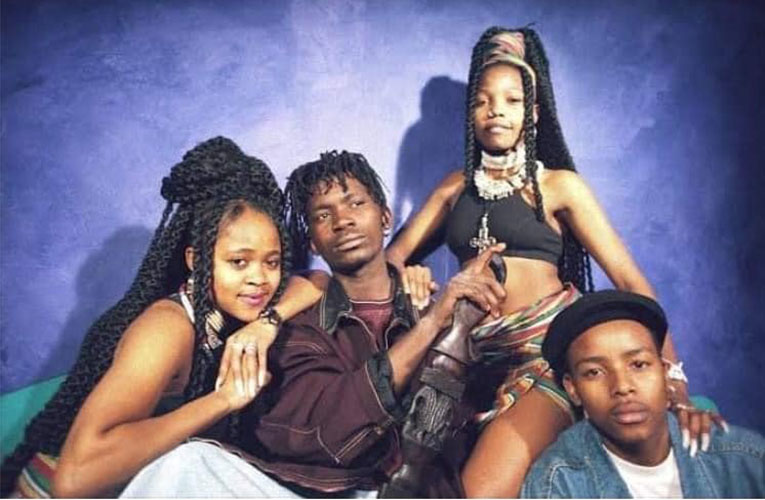
Dear Edward
I hope this email finds you well…
Thank you for this article, only seeing it out … We have a couple of future activities planned to celebrate our Yeotown heritage. I will keep you posted regarding developments !
Kind Regards
Pule Molebatsi